The world isn’t T-shaped

The narrow path of learning in the UK
At school your life is divided up into blocks where, for a short period of time, you focus on a particular subject. 60 minutes on maths, 35 minutes on history. The more of these building blocks you have, the more diverse and colourful your timetable looks.
As you progress through GCSEs, you notice a few of these blocks falling off your schedule. Maybe you don’t get to study Spanish or drama anymore (and maybe this is a relief). Fewer subjects, fewer colours on your planner.
Many students will then go onto study A Levels. More subjects disappear. This time it’s more noticeable — not least because you may have pre-empted subject requirements for a particular degree course you’re considering. You might need to focus your energy purely on STEM. It doesn’t matter that you like history as well as maths, art as well as computer science, or philosophy as well as physics. You’ve got just three or four big blocks on your planner. And you’re hoping that you really do want to study a chemistry degree after all.
Now you’re an undergraduate. There’s only one subject in your planner, maybe two if you’re a joint honours student. And that’s it — for three or four years. At LIS, we don’t think that this is necessarily a bad thing. The world needs disciplinary specialists like engineers, physicists, doctors and so on. Not to mention that some people simply love a particular subject.
But the world isn’t T-shaped
It’s interconnected, complex, and diverse. A big network of non-linear knowledge — with challenges that don’t map neatly onto discrete disciplines.
Is it possible to tackle a problem as complex as climate change without reference to (at least some of) ecology, economics, geography, and agriculture? We don’t think so. And that’s before you start considering the sociological and psychological knowledge needed to create mindset shifts and inspire real action.
What about the ethics of artificial intelligence? An infamous can of worms that draws on computer science, philosophy, design, and other disciplines besides.
These challenges aren’t the stuff of dystopian or science fiction. Nor are they going to be solved by individuals working in silos. They require interdisciplinary thinking, and interdisciplinary solutions.
That’s why we need interdisciplinary learning
That’s why we created our bachelor’s degree, where students study across different disciplines, making connections, and problem-solving in a deeply interdisciplinary way. Our dot-connecting curriculum aims to cross-pollinate ideas from a wealth of disciplines, to combine and recombine these pieces and find new insights.
Find out more about our undergraduate degree by joining us for an Open Day. Applications to join LIS for ’22 study are open now.

Share this story
Sign up for our newsletter
Don't miss out on important updates including course information, new announcements, Open Day dates and the latest LIS news.





































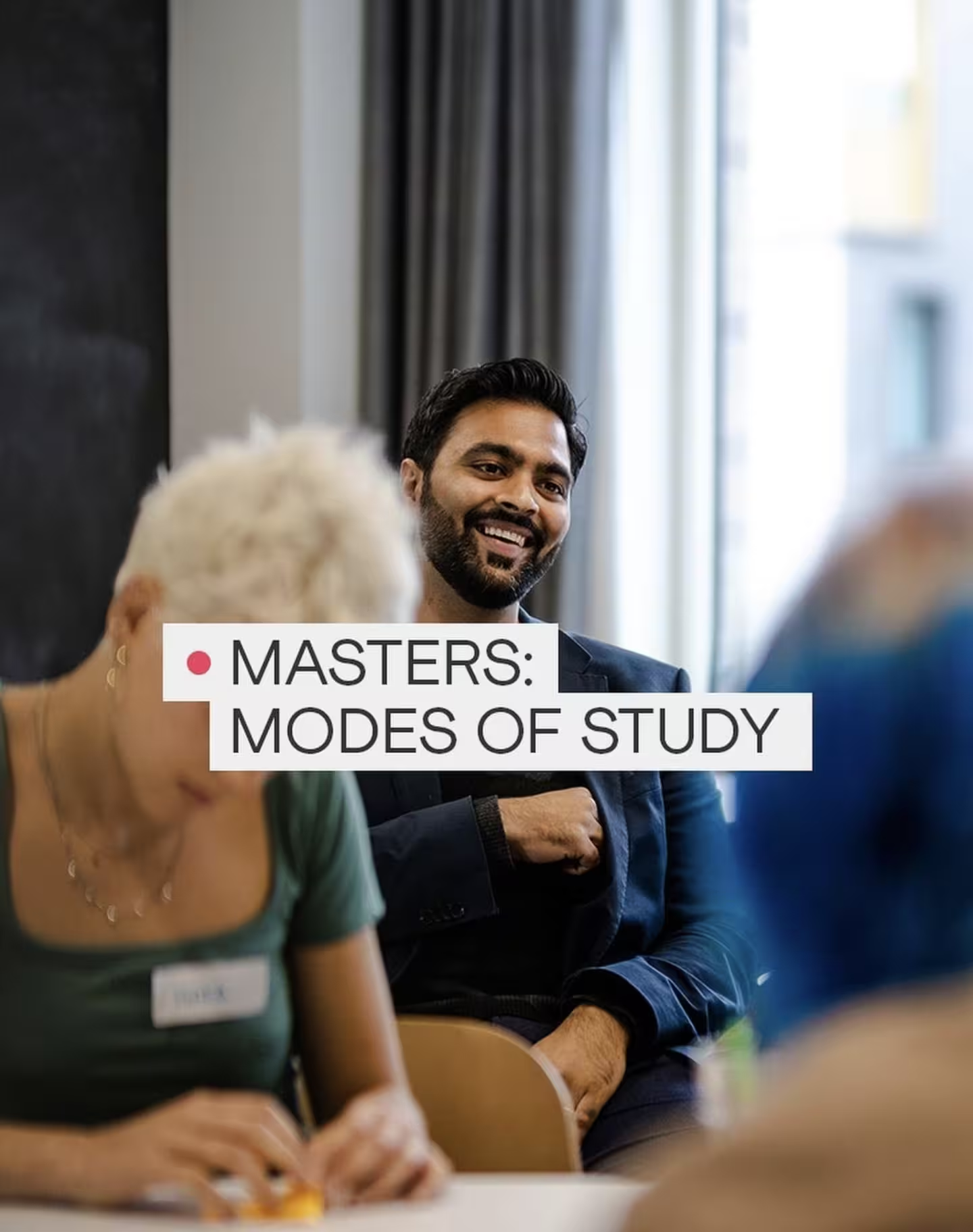
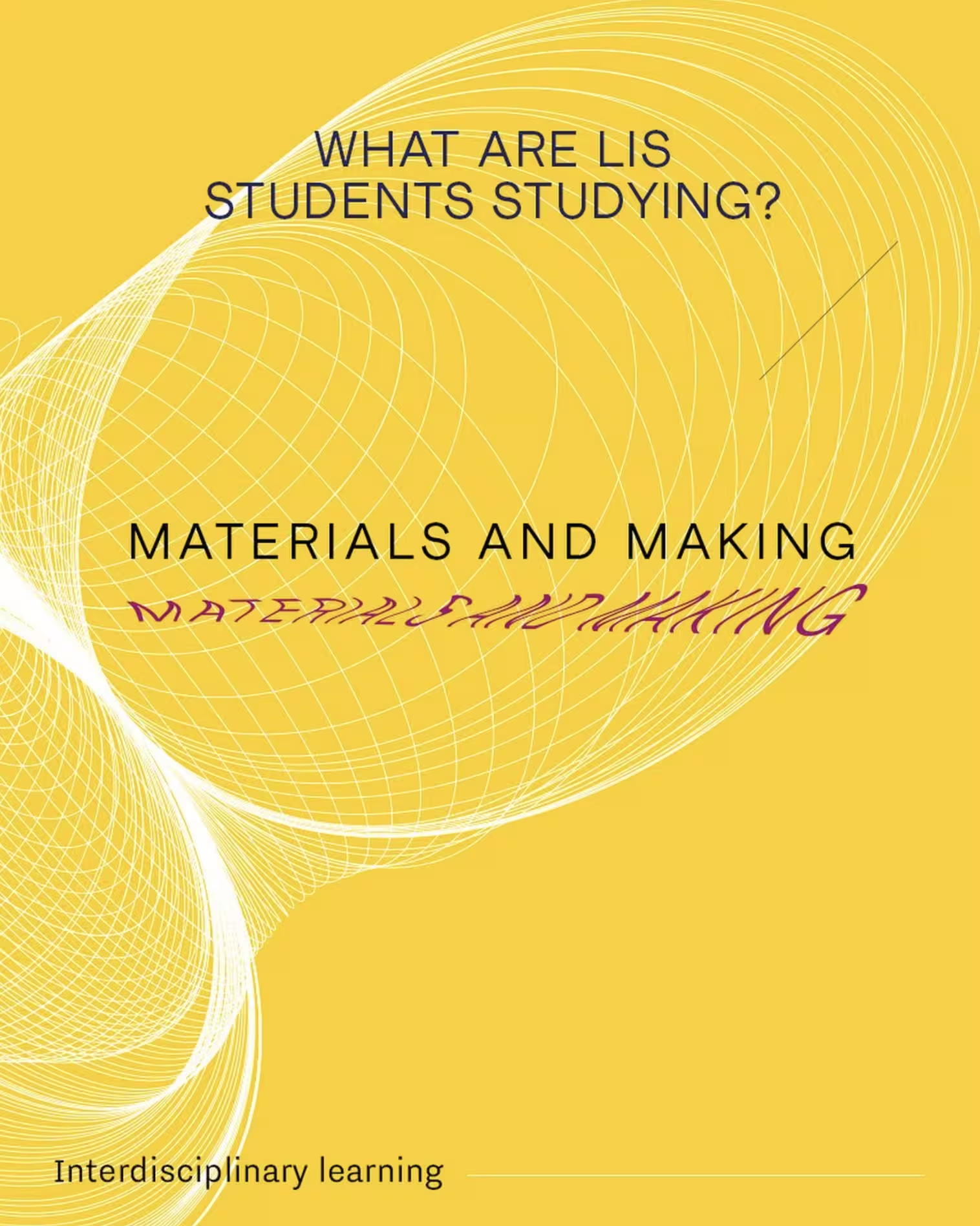
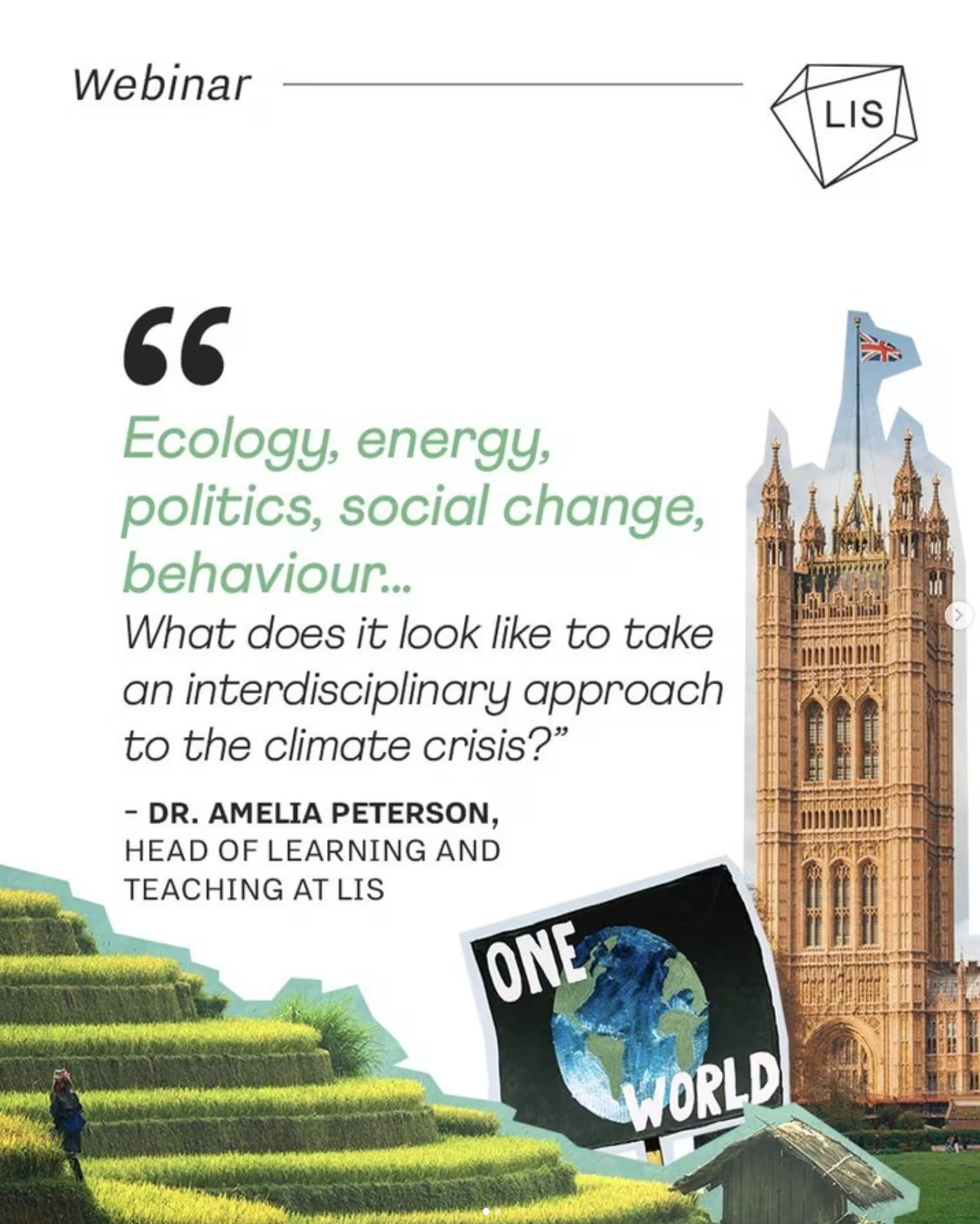






.svg)

.svg)
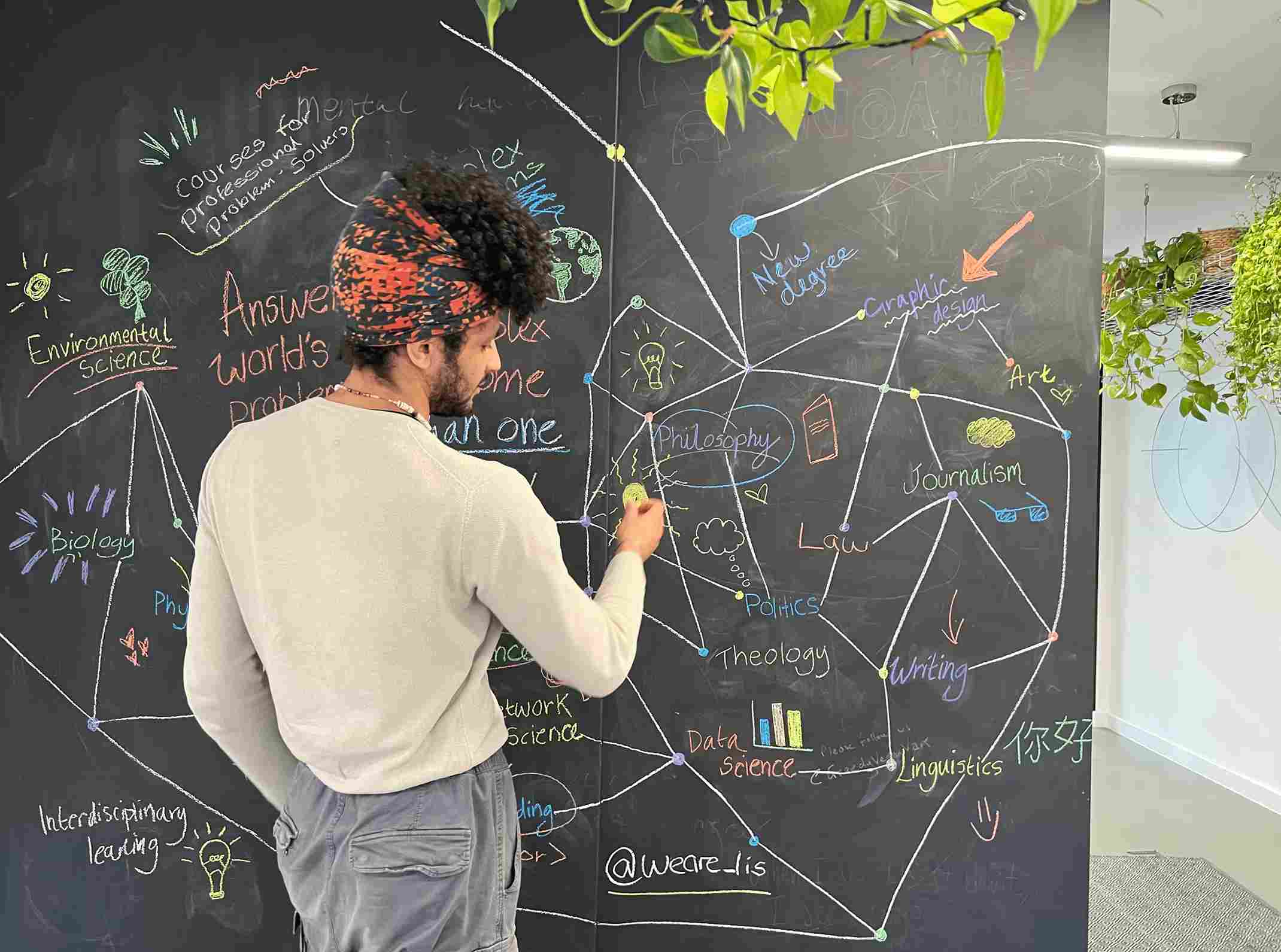







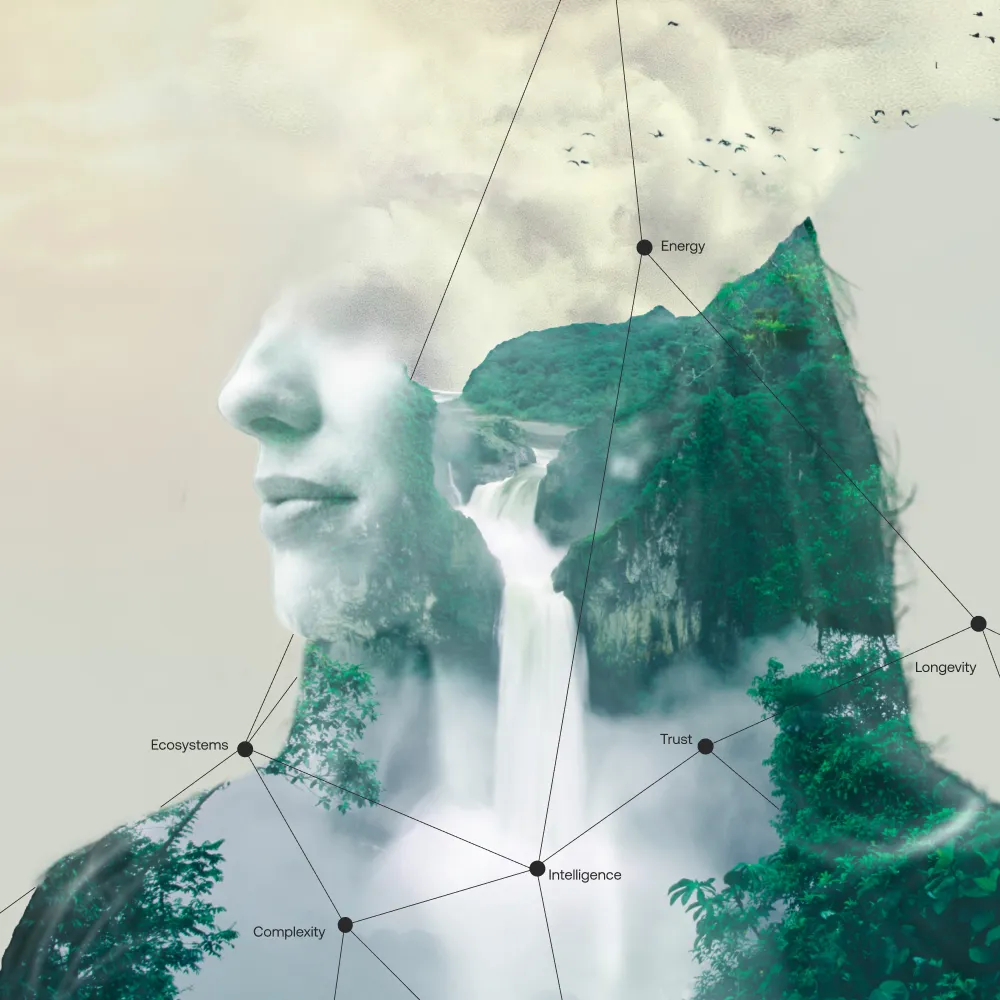
.webp)
This is a comment related to the post above. It was submitted in a form, formatted by Make, and then approved by an admin. After getting approved, it was sent to Webflow and stored in a rich text field.